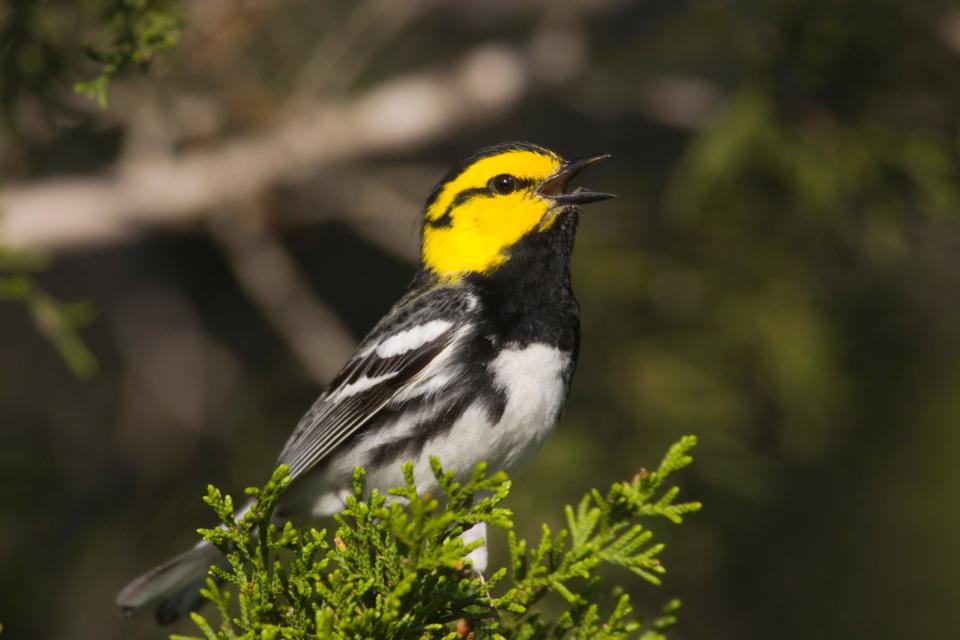Bill allowing removal of Ashe juniper trees heading to Senate: 3 things to know
- Oops!Something went wrong.Please try again later.
On Tuesday, the Texas Senate Local Government Committee, chaired by Sen. Paul Bettencourt, heard oral public testimony regarding House Bill 2239.
Rep. Ellen Troxclair, R-Austin, filed the bill earlier this year to limit municipal interference in the private removal of Ashe juniper trees.
Here are three things to know about Tuesday’s public hearing:
‘Residents’ vs. ‘personal residents’
In its current form, the bill would allow any residentially zoned property in Texas to remove Ashe junipers, and would not bar real estate developers from clear-cutting trees from large portions of land, a distinction emphasized by the bill's opponents.
Some opponents argued that the bill should be amended to read “personal residents” instead of “residents,” which would limit the extensive removal of Ashe junipers, which currently cover millions of acres across Central Texas. Others asked that the bill be killed.
Among those speaking against the bill were members of the military at Joint Base Camp Bullis, environmentalists and an eighth grader.
There were up to 20 witnesses who spoke against the bill, and no one testified in support Tuesday, though three individuals were registered in favor of the bill, all of whom were members of either Dallas or Texas builders associations.
More: Ashe juniper trees in Austin are protected. HB 2239 seeks to change that.
Golden-cheeked warblers at additional risk
Some speakers against the bill expressed concern for its potential to bypass the Endangered Species Act, a federal law established in 1973 that provides protections to a list of endangered or threatened fish, wildlife and plants. Currently, there are upwards of 1,300 species on the endangered list.
Experts pointed out that the vast removal of the Ashe juniper, the primary nesting place of the golden-cheeked warbler, would further endanger the fragile golden-cheeked warbler.
Eighth grader Lily Rerecich stated her opposition to the bill, citing the golden-cheeked warbler. She reiterated the juniper's value as “a native tree and keystone species, which provides crucial ecosystem services for all Texans.”

“Singling it out is misguided and detrimental to all,” she said. Rerecich’s testimony provided the historical example of the New Zealand Kea parrot, whose removal by sheep farmers nearly led to its extinction. Kea parrot restoration efforts continuing to this day.
Rerecich emphasized that in the case of the Ashe juniper and golden-cheeked warblers, “an ounce of prevention is worth a pound of a cure.”
What’s next for HB 2239?
The Local Government Committee is expected to advance the bill to the full Senate for consideration, with recommended amendments, where it will face a final round of votes. If approved by lawmakers, Gov. Greg Abbott will likely sign the bill into law, taking effect Sept. 1, 2023.
If the bill is passed, Ashe junipers in Austin would no longer benefit from legal protection from the city’s 1983 tree ordinance.
This article originally appeared on Austin American-Statesman: Opponents speak out against bill allowing removal of Ashe Juniper trees

